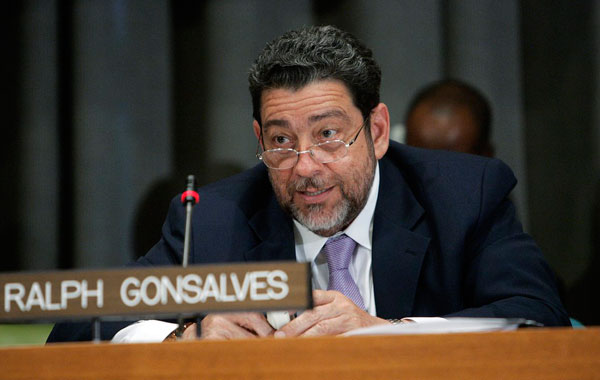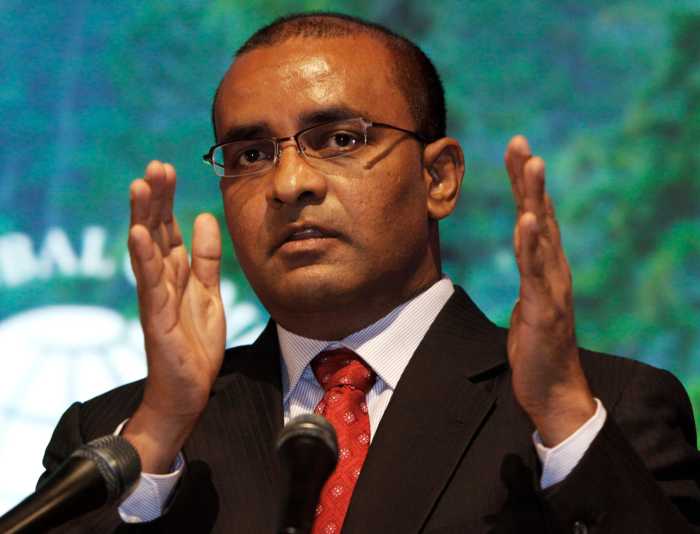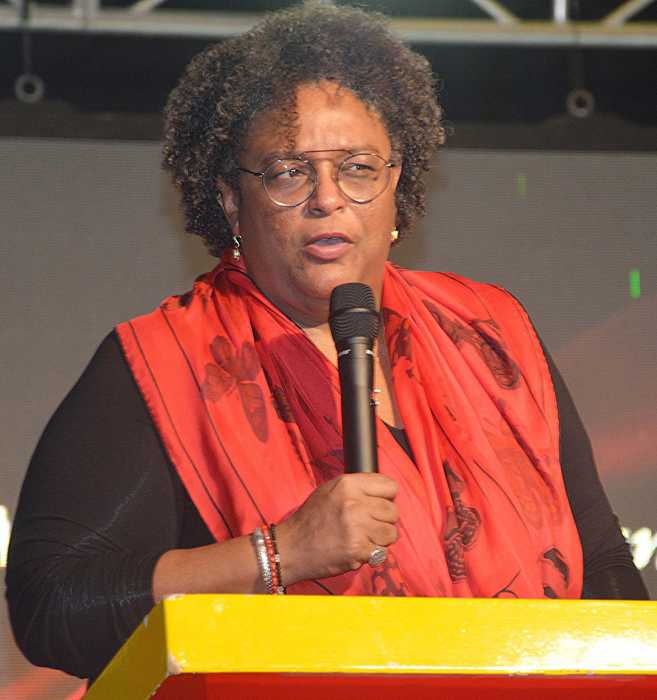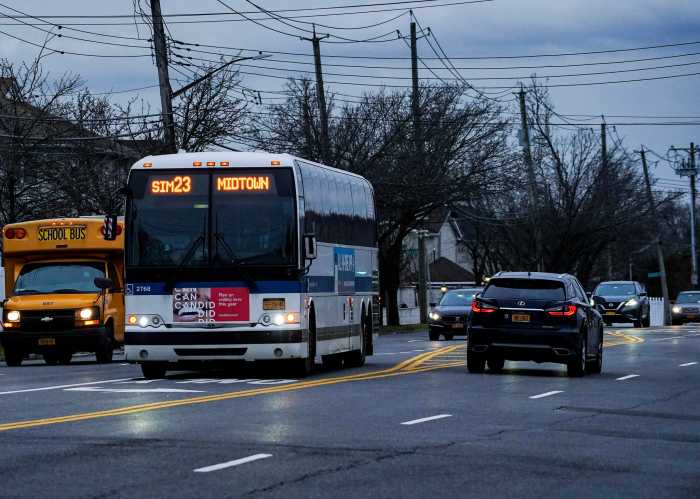The sovereign Caribbean nation hardest hit in the 2017 Hurricane season, Dominica, has taken a regional lead in re-modelling its buildings and systems that are vital to ensuring life continues uninterrupted after storms.
Dominica’s parliament earlier this month passed legislation creating a special purpose agency Climate Resilient Execution Agency for Dominica (CREAD) that will go about raising funds through soliciting finance and donor agencies and governments around the world to structure the island’s essential services, public buildings, and even homes that make them storm resistant.
This storm anticipatory move by the territory represents a remarkable departure from the decades-long Caribbean practice of having it ill-prepared buildings and essential community services destroyed by storms, then go cap-in-hand to international agencies for clean-up and rebuilding money.
This neglectful history of the Caribbean that exists under hurricane threat for six months of every year did not escape attention of the International Monetary Fund.
“The region currently invests little in ex-ante (before a disaster hits) resilience-building and relies heavily on post-storm recovery efforts. Only about 14 percent of disaster-related overseas development is devoted to ex-ante resilience,” the IMF stated in a Dec. 10 article titled, ‘Building Resilience to Natural Disasters in the Caribbean Requires Greater Preparedness,’ by Sònia Muñoz and Inci Ötker.
Following passage of the law in Dominica, CREAD’s principal architect, Professor Avinash Persaud, stated on social media, that international agencies were so pleased with the island’s initiative that money began pouring in even before the legislation went to parliament.
Persaud said CREAD will, “professionally and independently execute projects to make Dominica the first climate resilient nation in the world. Partly as a result of this vision we managed to raise around $400m of grants and soft loans to fund the projects against an innovative draft plan.”
“That strength of support was special as the intention is for the agency to be a national project, riding above all else,” added Persaud, who incidentally is now Barbados government’s special advisor on the economy.
The Dominica government did not just impose this pre-emptive agency on the people but had conducted a community meeting before taking the bill to parliament.
Against a backdrop of Hurricane Maria’s devastation of the island last year and a history of being regularly struck by cyclones over the centuries the people at that meeting naturally endorsed government’s efforts.
Observing that natural disasters in the Caribbean are becoming more ferocious and frequent, the IMF pointed out, “the recent devastations of Category 5 hurricanes Maria and Irma (both in September 2017) demonstrate how powerful storms can lead to widespread destruction, loss of life, and weaker economic growth prospects.
“For some disasters, damages well exceed the size of the economy — Dominica, for example, suffered damages amounting to 226 percent of GDP when it was devastated by hurricane Maria. That means that it would take Dominica’s output at least five years to recover to pre-hurricane levels.”
In its CREAD position paper, written amidst the island’s struggle to recover from the 2017 damage, the Dominica government contended that this size disaster could hit the island with increasing frequency and the agency is needed given the warming of the Atlantic Ocean and Caribbean Sea.
The political administrators of the island said that reality means, “we have no choice but to build better and rebuild Dominica as a climate resilient nation. The scale of the recovery and rebuilding task is enormous.”
“We have concluded … that we need a dedicated agency to rebuild the country. This specialised agency would focus not just on physical reconstruction but also on establishing climate resilient systems, for example, in the energy, food production and transport sectors. The unprecedented challenge we face has led us to take — what is for us — an unprecedented decision to build an agency outside our existing public service structures.”
The Dominica government’s conclusion is one that territories across the Caribbean archipelago need to reach.



























